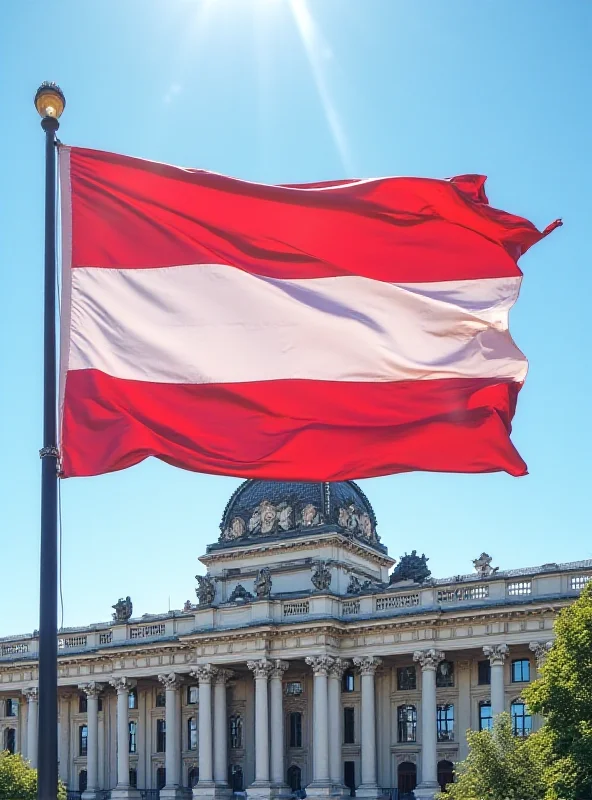Austria is currently navigating complex political and legal landscapes, both domestically and within the European Union. Recent developments include a challenge to Hungary's nuclear energy plans and the formation of a new coalition government designed to exclude the far-right.
EU Court Advisor Supports Austria's Nuclear Appeal
The Court of Justice of the European Union is considering a case with significant implications for energy policy and state aid within the EU. At the heart of the matter is Hungary's Paks atomic plant, and the European Commission's decision to approve state aid for its expansion. Austria has appealed this decision, arguing that it could set a dangerous precedent.

An advisor to the EU court has reportedly sided with Austria, suggesting that the European Commission's approval may need to be re-evaluated. This development could have far-reaching consequences for Hungary's energy strategy and the EU's approach to nuclear power.
"This case highlights the ongoing tensions between national energy policies and EU regulations," says one political analyst. "The outcome could significantly impact future energy projects across the bloc."
A New Government Takes Shape, Excluding the Far-Right
On the domestic front, Austria is witnessing a significant shift in its political landscape. After months of negotiations following an electoral victory by the far-right, a new tripartite government is being formed. This coalition brings together conservatives (ÖVP), socialists (SPÖ), and liberals (Neos), effectively sidelining the right-populist FPÖ.

Christian Stocker, a conservative, is expected to become the next chancellor, leading this fragile anti-extreme right coalition. The agreement between these parties marks the end of a period of political uncertainty and signals a commitment to a more centrist and inclusive approach to governance.
Tightening Asylum Laws: A Key Policy Focus
While the coalition represents a departure from the far-right, it is also planning to implement stricter asylum laws. These measures include a mandatory integration program, a headscarf ban, and the suspension of family reunification. These policies reflect a complex balancing act between addressing public concerns about immigration and upholding human rights.

The coming months will be crucial in determining the effectiveness and impact of both the EU court's decision on the Paks nuclear plant and the policies of Austria's new coalition government. The country stands at a crossroads, navigating complex challenges in energy, immigration, and political stability.
